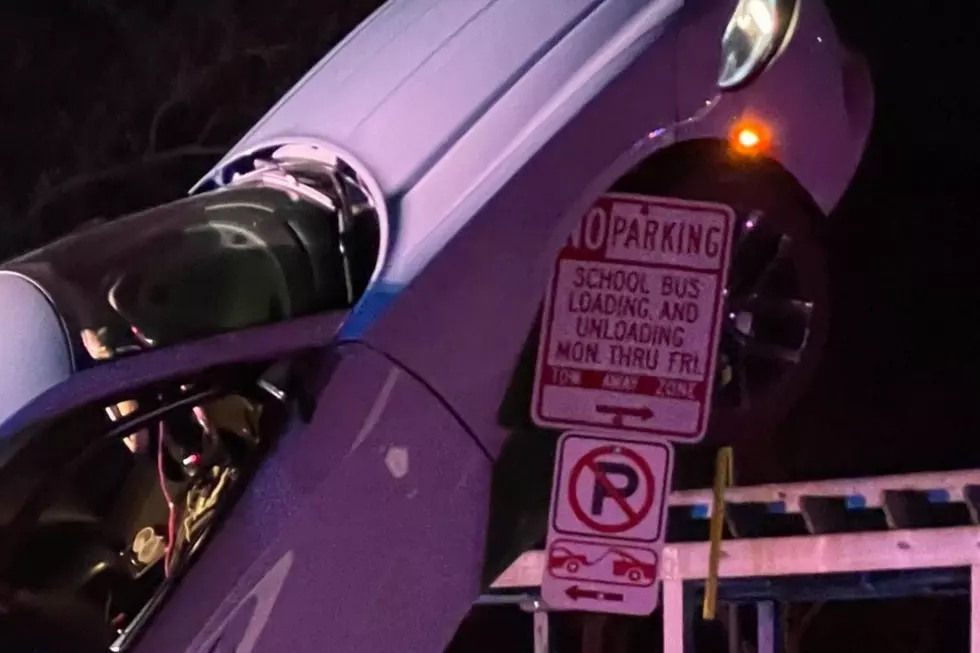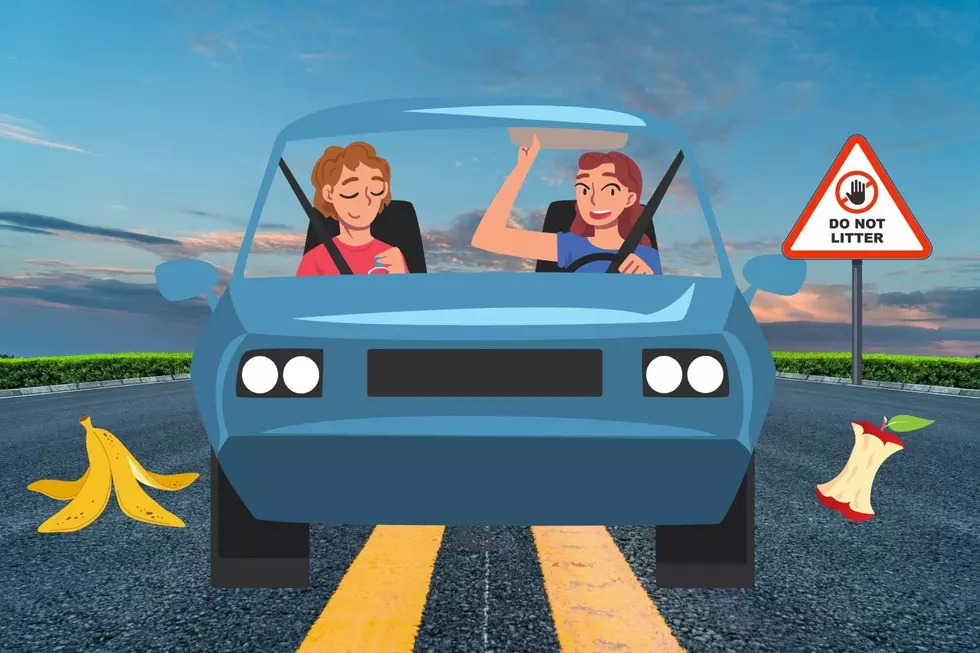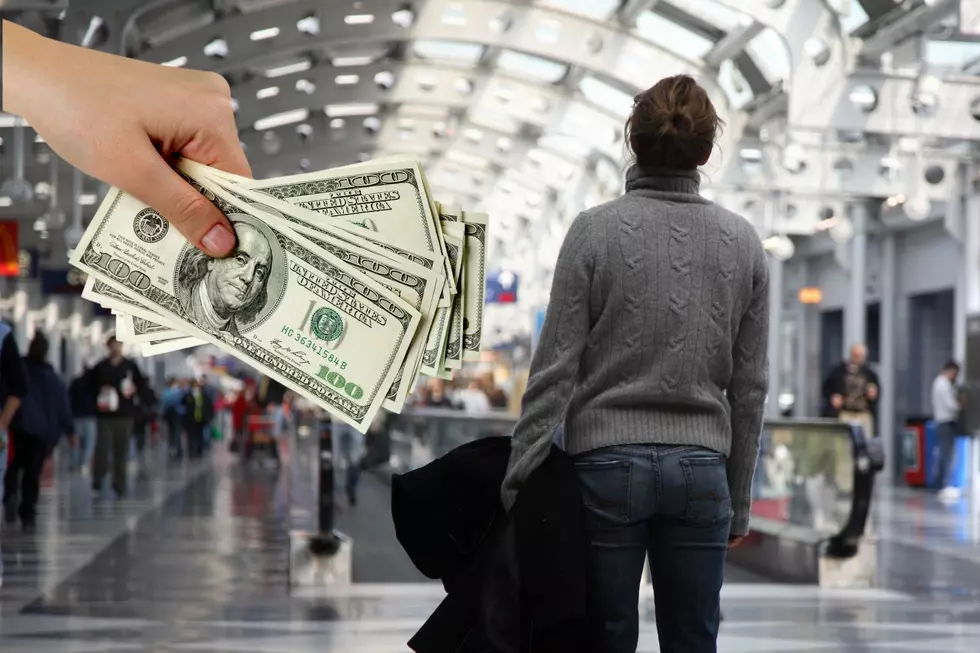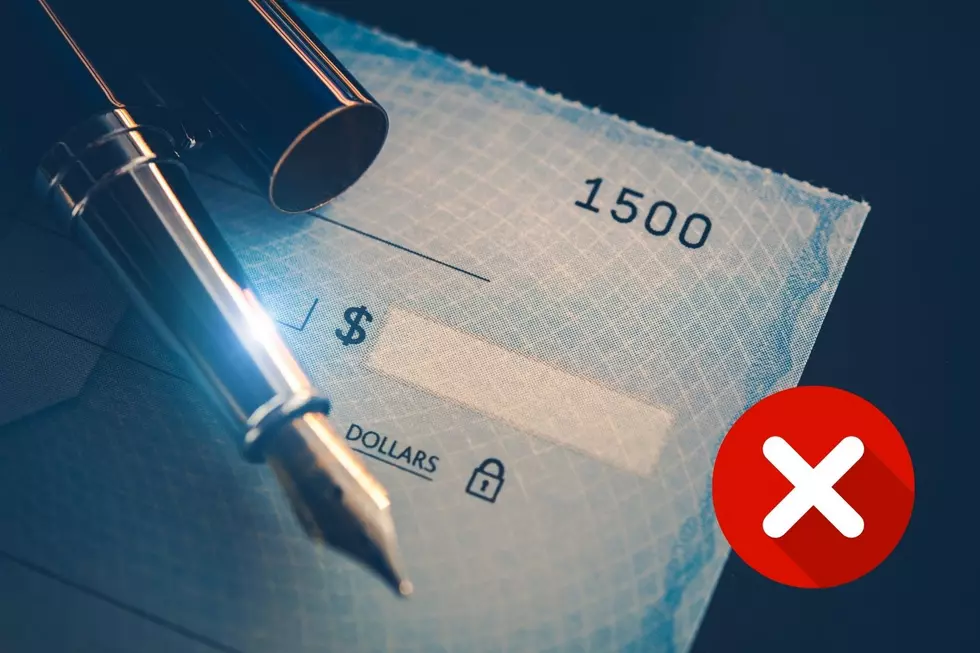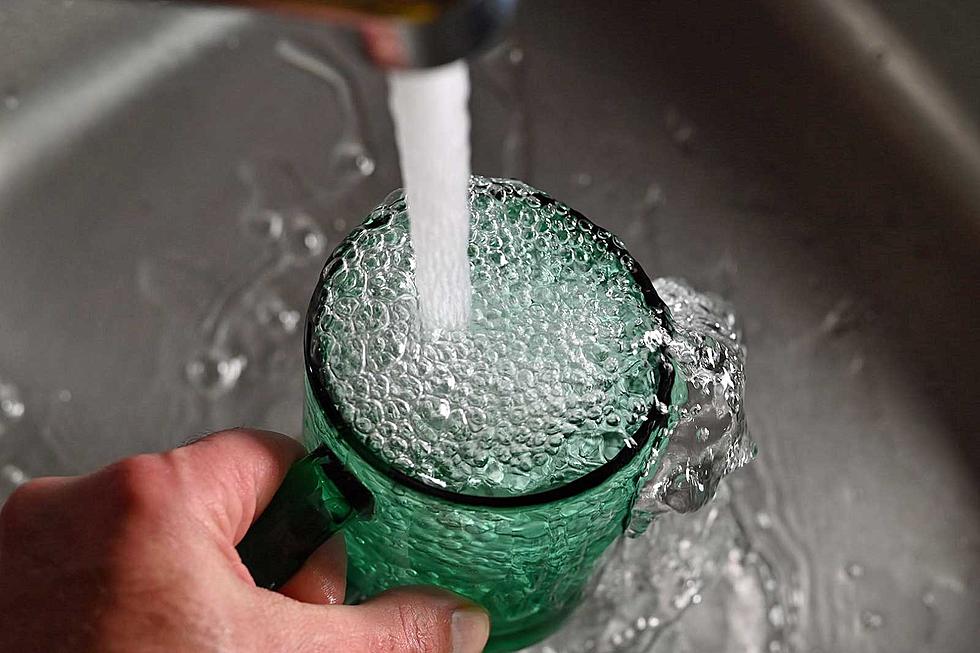
Stay Safe: Detroit FBI Warns Of Risks At Phone Charging Stations
Sometimes you're out in the world, you look down at your phone screen, and you realize that your battery is sitting at 15%. What do you do? Let it die and hope that you can survive until your next charge without it, or do you go seeking the nearest place to charge at any cost?
According to the FBI in Detroit, where you choose to charge your phone could cause you a lot of headaches down the line.
We've all seen those public charging stations for cell phones. They seem convienient, helpful, and sometimes a life saver in a pinch. But you should really think twice before you decide to plug in and grab some juice.
According to a recent warning posted on social media from the Detroit FBI branch, some of those "free" public charging stations come with a big charge- the theft of your personal data, and potential viruses being loaded onto your cell phone without your knowledge.
READ MORE: Don’t Fall Victim To The Latest Home Security Scam To Hit Michigan
They warn that sometimes scammers will get a hold of these seemingly harmless public charging stations and use them as a way to transfer malware onto your phone, or worse, use them to grab your personal data to use for nefarious reasons.
Instead, if you see the rentable charging stations that give you a battery to "borrow" until you return it, may be one of the only truly safe options when you have to charge on the go but don't have your own cords on you.
That free battery charge could cost you more than you imagine without you even realizing it, so if you want to be safe- just charge before you go, or borrow a cord from someone you trust until you can get back to your own charging situation at home or in your vehicle.
8 Things To Do If You Paid A Phone Scammer
Gallery Credit: Brad Carpenter/Federal Trade Commission/Canva
More From Mix 95.7
